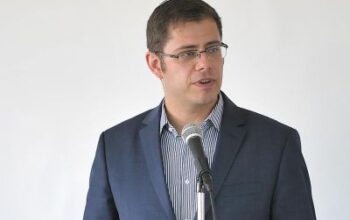In Transconflict, Matthew Parish, a former attorney for the Office of the High Representative (OHR) in BiH, blasts the OHR’s “dictatorial rule” over BiH and the legal slight of hand by which it was imposed on the country.
He explains:
The Dayton Peace Accords anticipated the High Representative to be strictly a mediator, and that is the only role Bosnia’s first High Representative, Carl Bildt, exercised until he was ousted by US dissatisfaction with the non-muscular way in which he went about his duties. The transformation of the role into that of an international dictator was obtained by sleight-of-hand legal rewriting of one clause of the Dayton Accords; Bosnia’s domestic political actors had little presence in the Bonn Conference and no voting power, and hence did not agree to any of this.
Parish also explains the OHR’s malign effects on BiH’s governance, writing:
If you establish an international governing structure of foreign civil servants with the power to write and rewrite legislation and remove domestic governing officials, then you are responsible for the state of the country that you are running. Inevitably, given such a structure, Bosnia’s democratic institutions corrode or, at the very least, remain deeply immature. That is because they know that they are not the institutions of last resort.
* * *
Once a country’s population and politicians becomes so used to international officials managing all the country’s important decisions for them, they find it impossible to shake off the habit and revert to being a proper democracy. That is the problem with being Bosnia’s last High Representative. You have a country with a heroin-like addiction to international dictatorial rule, and that addiction has devastated your country’s economic and political body; but abandoning the narcotic is likely to cause the country to go into profound shock and collapse. Inartfully handled, it may kill the patient altogether.
Read more here.


